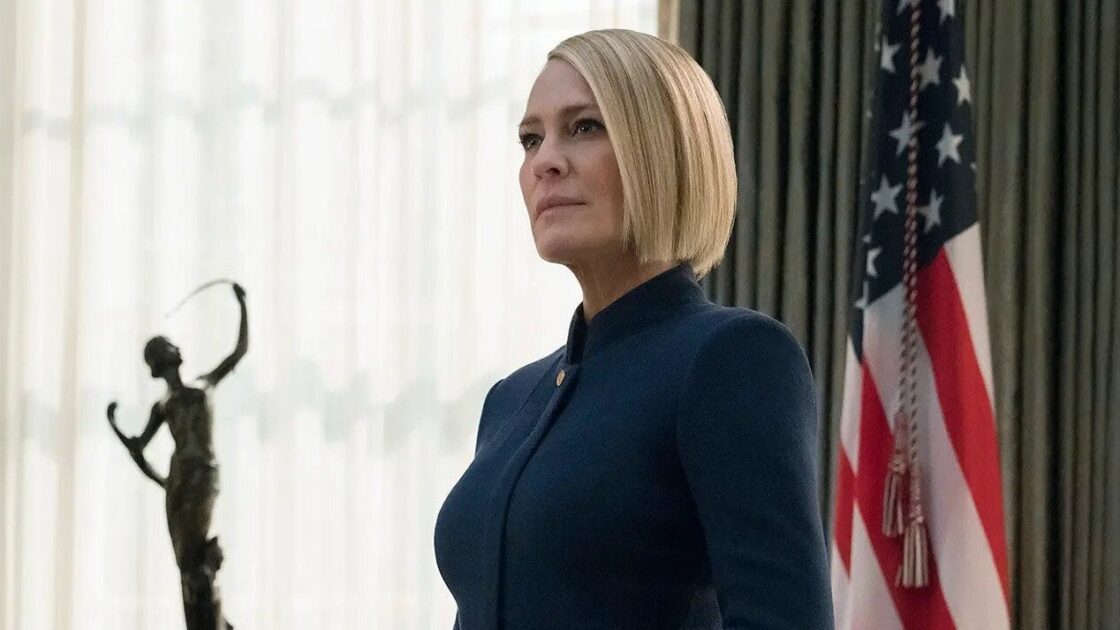
As the 2024 election approaches, with Vice President Kamala Harris as a prominent political figure, the United States remains on the cusp of potentially electing its first female president. While a real-life female president has yet to take the oath of office, the world of television and film has long embraced the idea, bringing us inspiring and powerful portrayals of women in the highest office. Here is our list of the 12 Best Fictional Female Presidents in Film and TV.
1. Selina Meyer (“Veep”)
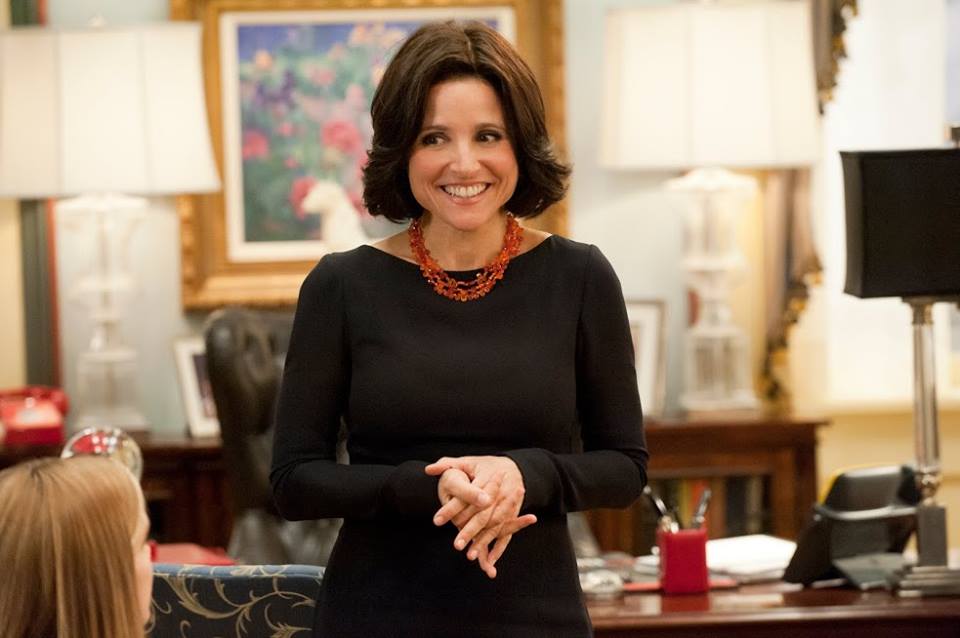
Selina Meyer, the ambitious and often hilariously flawed character from the hit HBO series “Veep”, is one of the most memorable fictional politicians in television history. Portrayed by Julia Louis-Dreyfus, Selina’s journey from vice president to the presidency is marked by sharp wit, political blunders, and relentless pursuit of power.
Louis-Dreyfus’ portrayal of Selina Meyer was groundbreaking, earning her widespread acclaim and a record-breaking six consecutive Primetime Emmy Awards for Outstanding Lead Actress in a Comedy Series. Her performance not only set a new standard for comedic acting but also made Selina Meyer an iconic character in the landscape of political satire.
2. Mellie Grant (“Scandal”
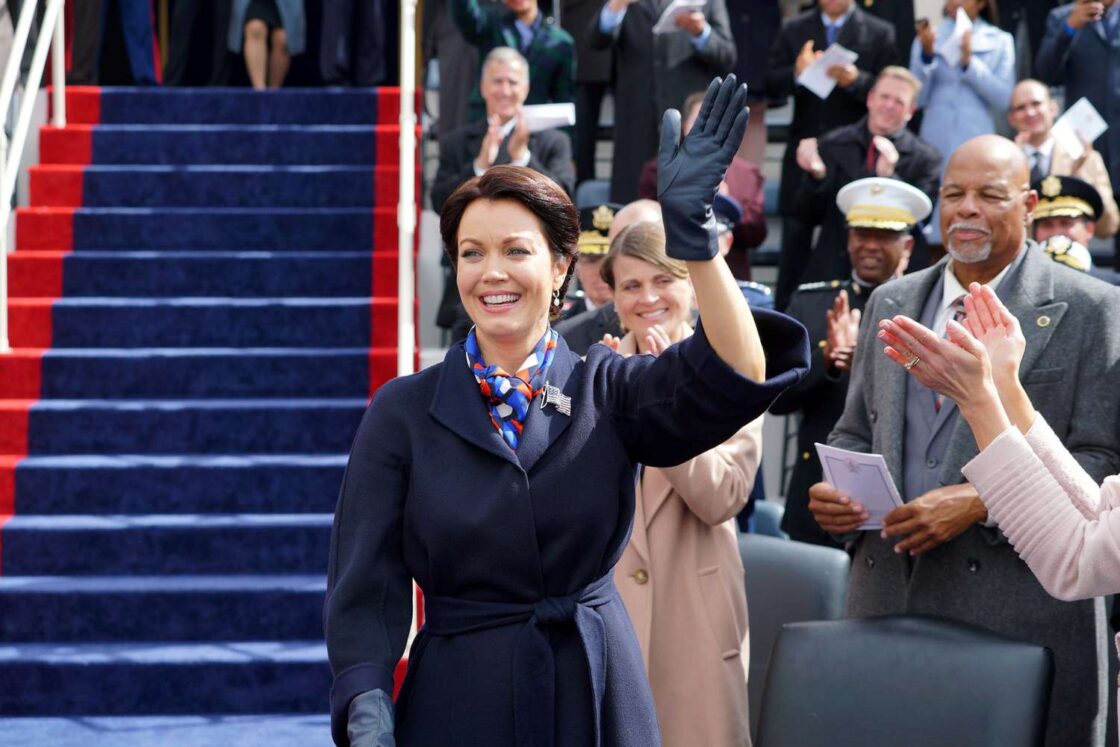
Mellie Grant, portrayed by Bellamy Young on “Scandal”, is a complex and resilient character who evolves from First Lady to the first female President of the United States in the later seasons of the show. Initially depicted as a politically ambitious but often overshadowed wife, Mellie’s journey is marked by personal and professional challenges, including her tumultuous marriage to President Fitzgerald Grant and her relentless pursuit of power.
Her eventual rise to the presidency is a groundbreaking moment in the series, reflecting the show’s commitment to exploring themes of gender, power, and politics. Mellie Grant’s character is celebrated for breaking new ground as a female leader on television, representing the struggles and triumphs of women in the highest echelons of power.
3. Constance Payton (“State of Affairs”)
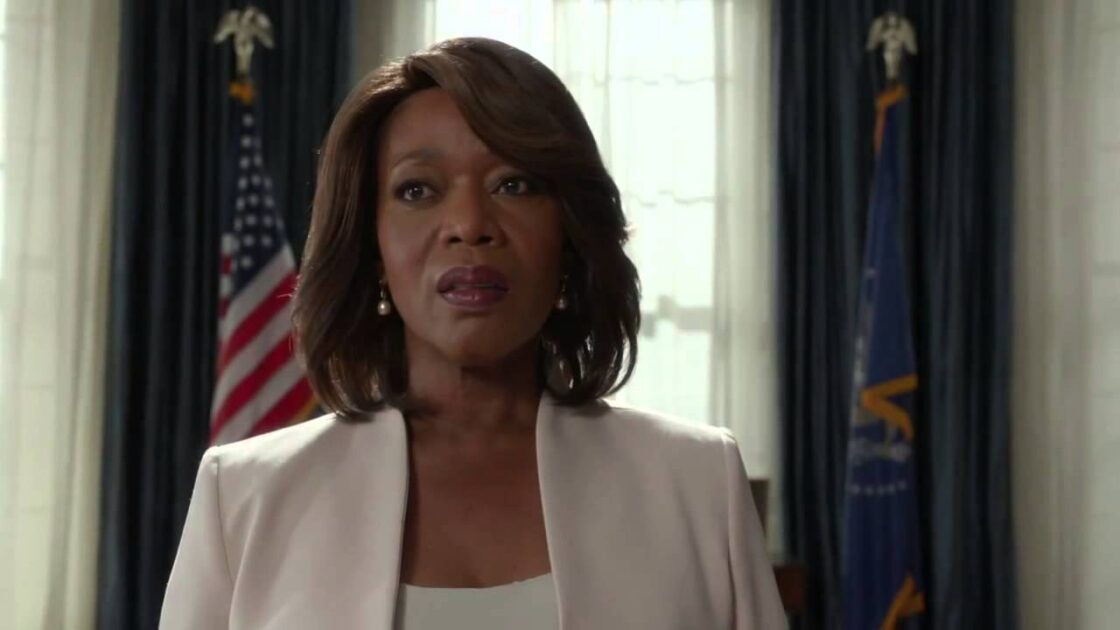
Constance Payton, portrayed by Alfre Woodard in the NBC series State of Affairs, is a groundbreaking character as the first African American female President of the United States depicted on network television. As President Payton, she navigates the complexities of national and international crises with intelligence, grace, and determination.
Her role as a powerful leader in a high-stakes environment broke new ground by showcasing a Black woman at the pinnacle of political power, challenging traditional representations of leadership on television. President Payton’s character is a significant portrayal that reflects the evolving landscape of diversity and representation in media.
4. Elizabeth McCord (“Madam Secretary”)
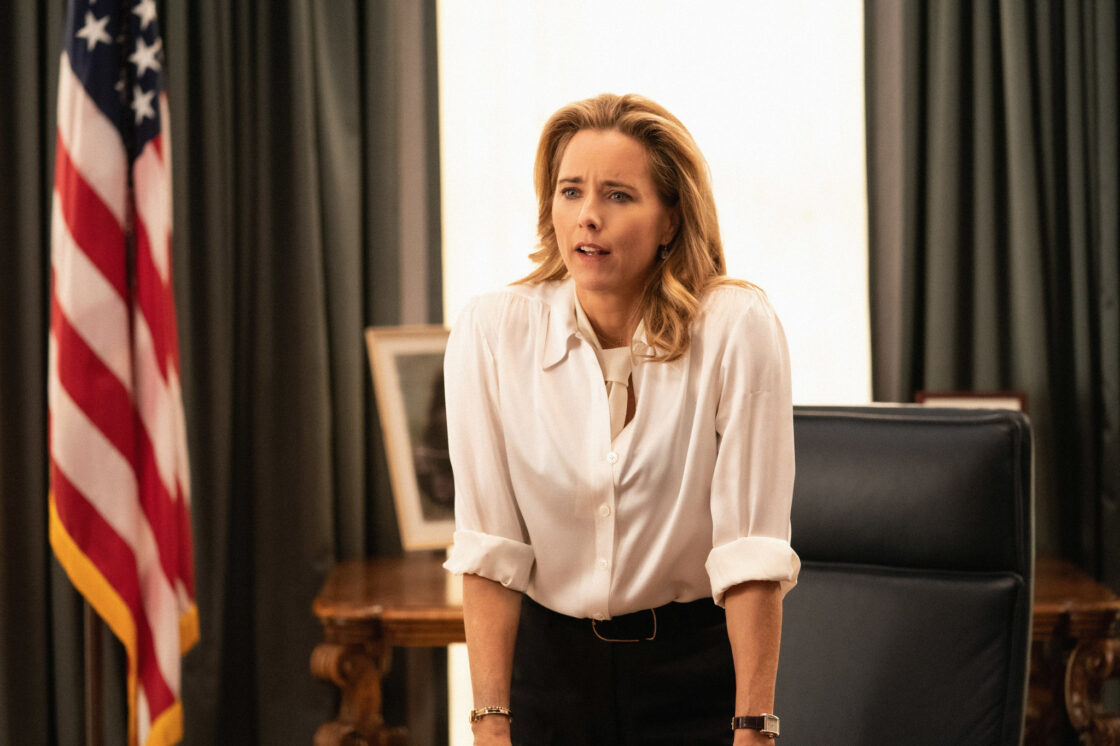
Elizabeth McCord, played by Téa Leoni on the CBS series Madam Secretary, is a groundbreaking character as a former CIA analyst who becomes the Secretary of State and later the President of the United States. Her role is significant for its portrayal of a highly competent and nuanced female leader balancing the demands of public service with personal and family life.
The character’s portrayal as a smart, resourceful, and principled politician offered a refreshing and empowering representation of women in high-stakes political roles, reflecting a more nuanced and realistic depiction of female leadership on television.
5. Ellen Wilson (“For All Mankind”)
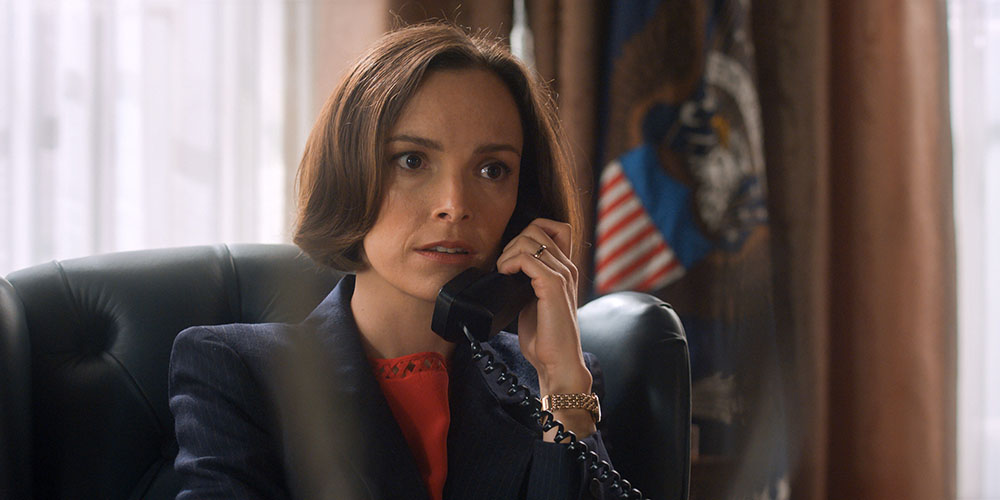
Ellen Wilson, portrayed by Jodi Balfour on the Apple TV+ series For All Mankind, is a pioneering and groundbreaking character as one of the first female astronauts in an alternate history where the space race continues with a focus on gender equality. Ellen’s role as a skilled astronaut navigating the challenges of space missions while confronting personal and societal expectations provides a powerful depiction of a woman breaking barriers in a male-dominated field.
Her character’s prominence in the series highlights the show’s commitment to exploring diverse and inclusive representations of women in STEM and leadership roles, reflecting broader conversations about gender and equality in both history and fiction.
6. Elizabeth Keane (“Homeland”)
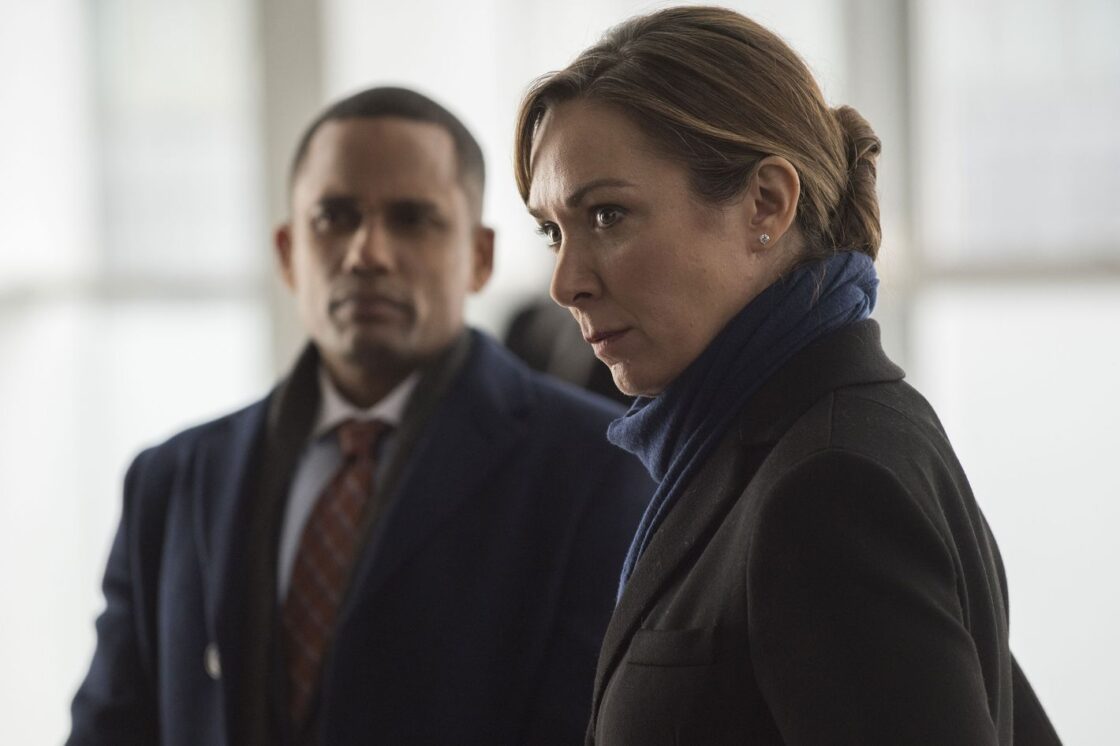
Elizabeth Keane, portrayed by Elizabeth Marvel on the series Homeland, is a groundbreaking character as the first female President of the United States in the show’s narrative. Her role is significant for its portrayal of a female leader facing complex political and personal challenges, including dealing with a volatile international situation and internal threats.
President Keane’s character is notable for breaking new ground in television by presenting a woman in the highest office, navigating issues of power, trust, and political intrigue. Her portrayal challenges traditional gender norms in political dramas, offering a fresh and impactful representation of female leadership.
7. Claire Hale (“House of Cards”)
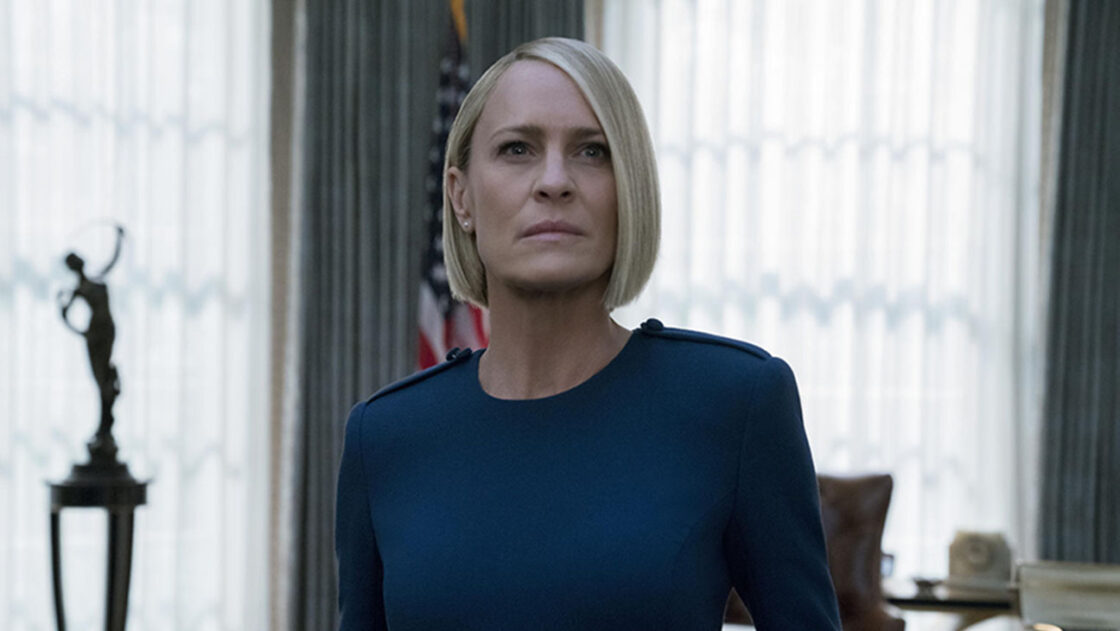
Claire Hale, portrayed by Robin Wright on House of Cards, is a pivotal and groundbreaking character as the First Lady who eventually becomes the President of the United States. Claire is depicted as a shrewd, ambitious, and highly competent politician, adept at navigating the treacherous world of Washington, D.C.
Her transformation from First Lady to the nation’s highest office marks a significant shift in the show’s power dynamics. Claire’s character is notable for her strategic acumen and complex, often ruthless approach to politics, challenging traditional gender roles and offering a compelling portrayal of female leadership in a high-stakes political environment.
8. Diane Steen (“Mafia”)
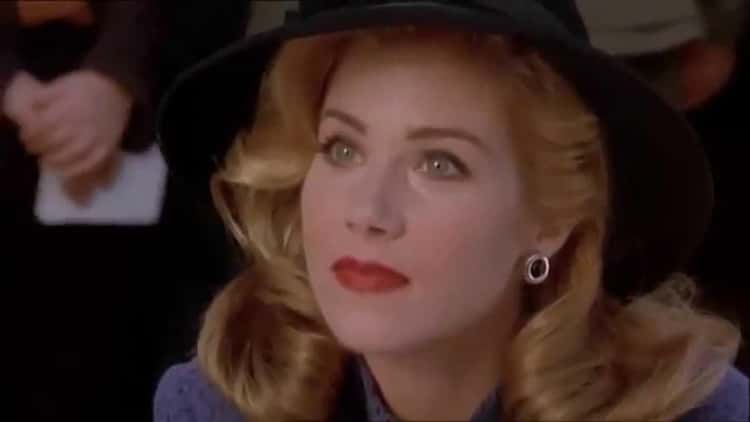
Diana Steen, portrayed by Christina Applegate in the movie “Mafia”, is a groundbreaking character as a powerful and influential figure within the criminal underworld. As a high-ranking female leader in a traditionally male-dominated realm, Diana navigates complex power dynamics and challenges entrenched gender norms.
Her role is significant for its depiction of a woman wielding substantial authority and control, breaking new ground by portraying female empowerment and leadership in a genre typically centered around male characters and perspectives. Diana Steen’s character adds depth and diversity to the portrayal of women in crime dramas, offering a fresh and impactful perspective on female strength and influence.
9. Claire Haas (“Quantico”)
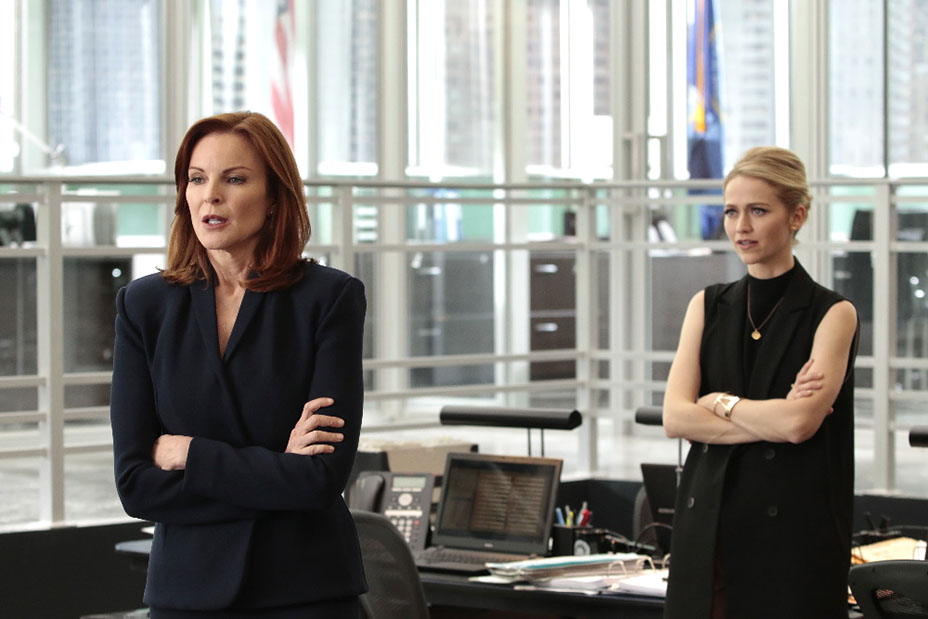
Claire Haas, portrayed by Marcia Cross on “Quantico”, is a notable character as the Deputy Director of the FBI and a key figure in the show’s complex narrative. Her role is groundbreaking for its portrayal of a high-ranking female official in a major law enforcement agency, highlighting her as a decisive and authoritative leader. Claire Haas navigates significant professional and personal challenges, showcasing a powerful, competent woman in a position of substantial influence.
Her character breaks new ground by presenting a strong female figure in a traditionally male-dominated field, adding depth and diversity to the representation of women in positions of power within the realm of law enforcement and intelligence.
10. Sela Ward (“Independence Day: Resurgence”)
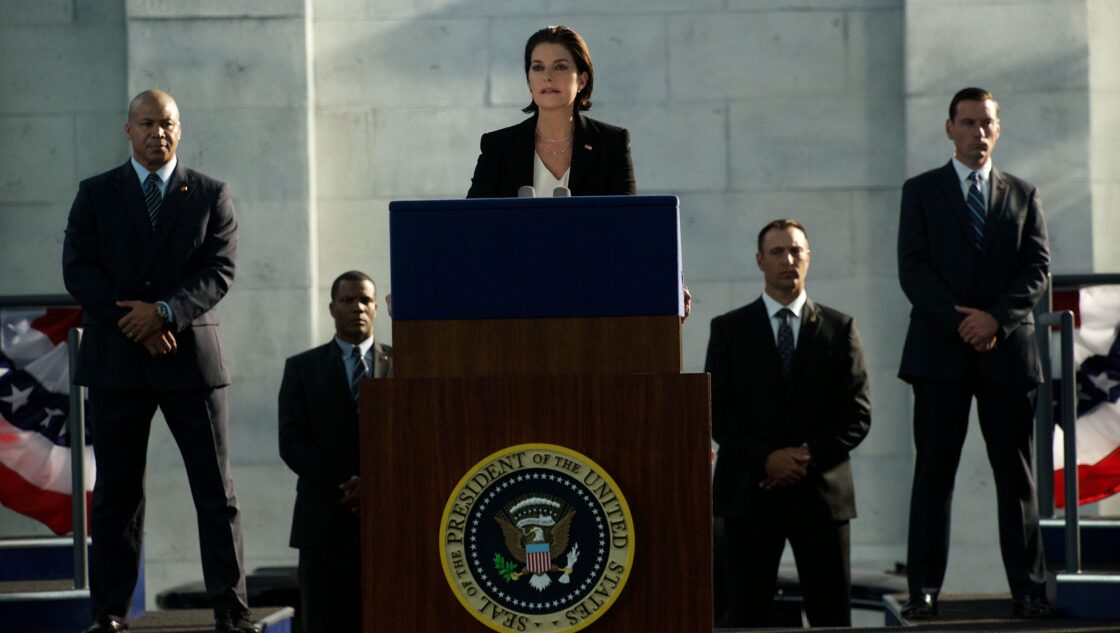
In “Independence Day: Resurgence”, Sela Ward plays President Elizabeth Lanford. As the leader of the United States, President Lanford is portrayed as a strong, decisive figure leading the charge against a new alien threat.
Her role is significant in continuing the legacy of the original Independence Day film by representing a female president who is integral to the global defense efforts. Sela Ward’s portrayal brings a sense of authority and resolve to the character, adding depth to the film’s portrayal of leadership in the face of an extraterrestrial crisis.
11. Amanda Waller (“Justice Leaque: Gods and Monsters”)
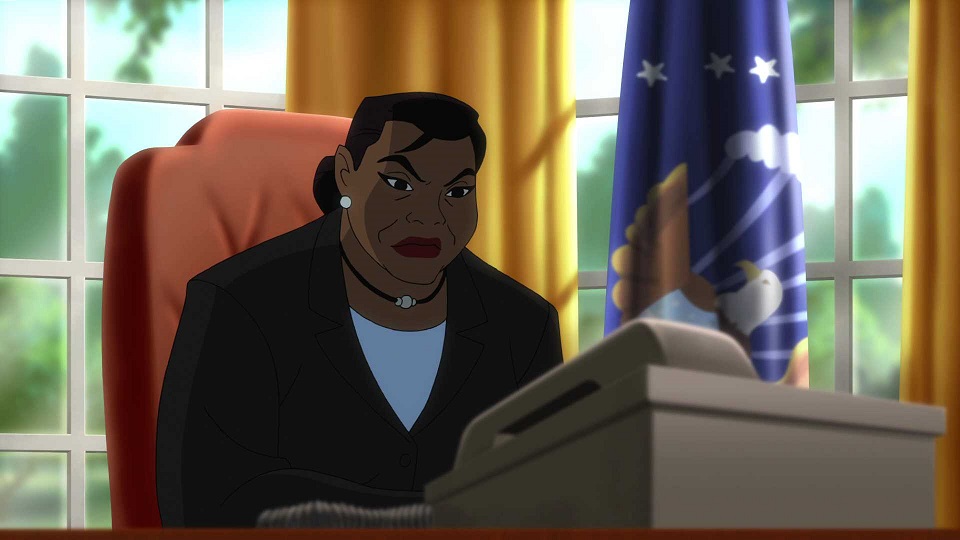
In “Justice League: Gods and Monsters”, Amanda Waller is depicted as a high-ranking government official who leads a covert organization dedicated to monitoring and controlling superpowered beings. Unlike her portrayal in the DC Extended Universe films, this version of Waller operates in an alternate universe where the Justice League members are darker and more complex.
She is the president in this world. Her character is notable for her strategic mindset and determination to manage and manipulate the actions of these powerful beings to align with government interests. Amanda Waller’s role in this animated feature continues to showcase her as a pivotal figure in the realm of power and control, emphasizing her influential and often morally ambiguous position. Viola Davis plays Amanda Waller in the “Suicide Squad” franchise.
12. Janie Orlean (“Don’t Look Up”)
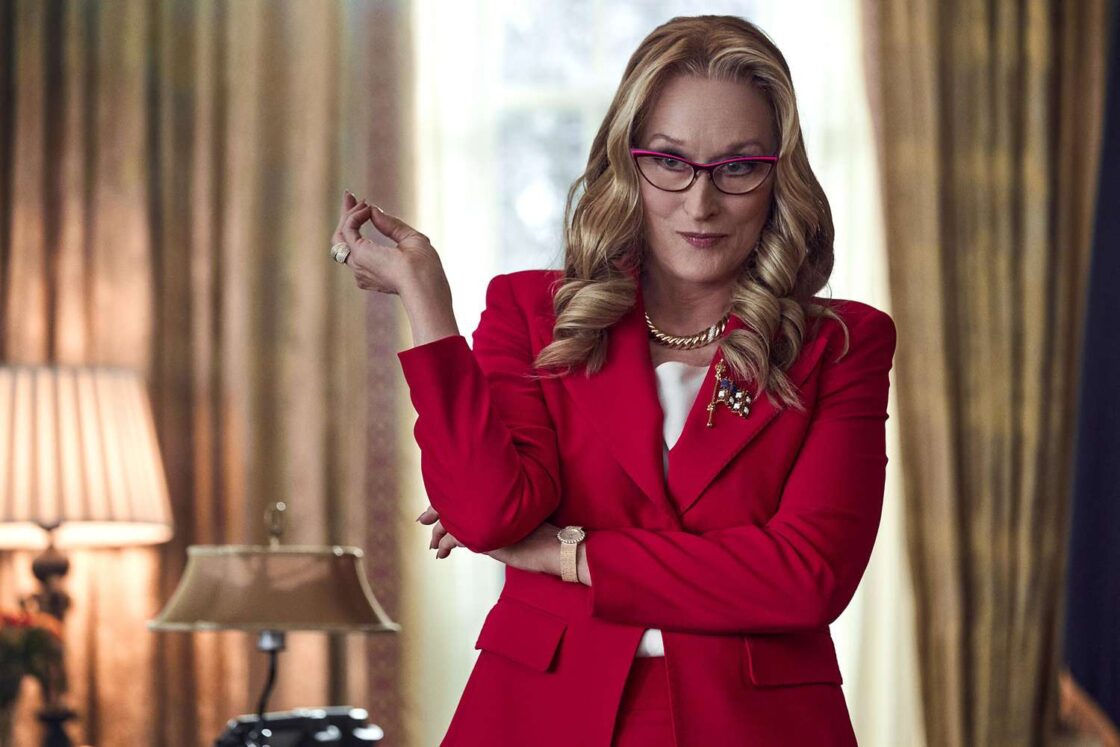
In “Don’t Look Up”, Meryl Streep plays President Janie Orlean, a satirical portrayal of a self-absorbed and politically opportunistic leader. As the President of the United States, Orlean is depicted as dismissive and incompetent in handling a dire situation—a looming comet threatening to annihilate Earth. Her character is notable for its sharp critique of political leaders and media culture, reflecting the film’s dark comedic and satirical tone. Streep’s performance highlights the absurdity and failings of leadership in the face of global crises, contributing to the film’s broader commentary on contemporary issues.
The portrayal of female presidents in media, from fictional leaders like Selina Meyer in Veep to President Janie Orlean in Don’t Look Up, underscores the growing recognition of women in powerful political roles. These characters, while fictional, reflect the broader societal push towards gender equality and the breaking of traditional barriers. As we approach the upcoming election, the importance of voting cannot be overstated.
It is a crucial opportunity to shape the future and support candidates who represent diverse perspectives and capabilities. Engaging in the electoral process ensures that our democratic values are upheld and that the representation of all voices, including those of women aspiring to the highest office, is reinforced. Your vote plays a vital role in advancing progress and ensuring that the ideals of leadership and equality are reflected in our governance.
